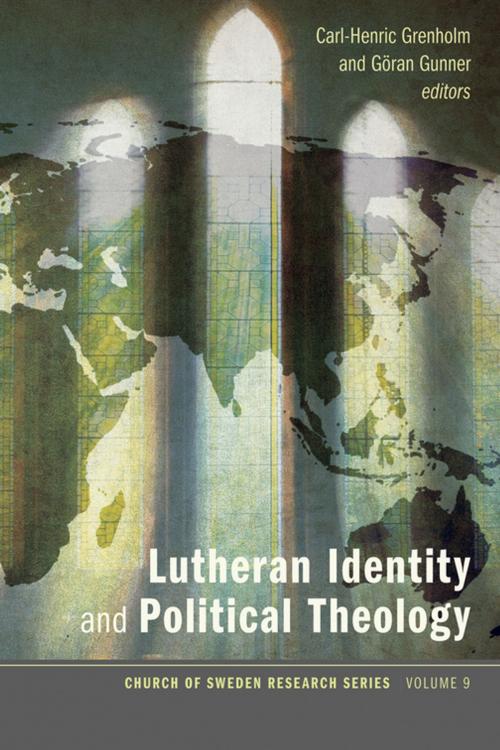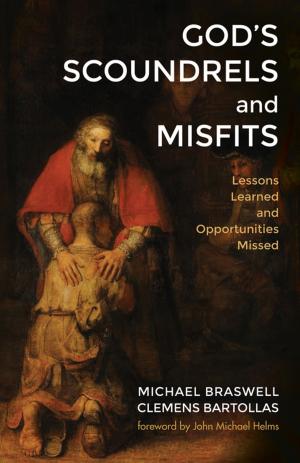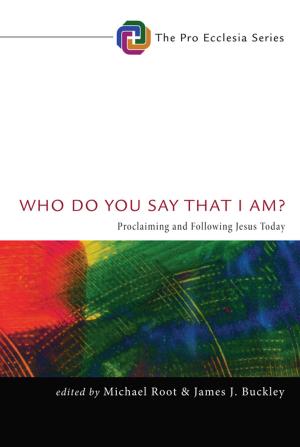| Author: | ISBN: | 9781630877361 | |
| Publisher: | Wipf and Stock Publishers | Publication: | November 4, 2014 |
| Imprint: | Pickwick Publications | Language: | English |
| Author: | |
| ISBN: | 9781630877361 |
| Publisher: | Wipf and Stock Publishers |
| Publication: | November 4, 2014 |
| Imprint: | Pickwick Publications |
| Language: | English |
Lutheran tradition has in various ways influenced attitudes to work, the economy, the state, education, and health care. One reason that Lutheran theology has been interpreted in various ways is that it is always influenced by surrounding social and cultural contexts. In a society where the church has lost a great deal of its cultural impact and authority, and where there is a plurality of religious convictions, the question of Lutheran identity has never been more urgent. However, this question is also raised in the Global South where Lutheran churches need to find their identity in a relationship with several other religions. Here this relationship is developed from a minority perspective. Is it possible to develop a Lutheran political theology that gives adequate contributions to issues concerning social and economic justice? What is the role of women in church and society around the world? Is it possible to interpret Lutheran theology in such a way that it includes liberating perspectives? These are some of the questions and issues discussed in this book.
Lutheran tradition has in various ways influenced attitudes to work, the economy, the state, education, and health care. One reason that Lutheran theology has been interpreted in various ways is that it is always influenced by surrounding social and cultural contexts. In a society where the church has lost a great deal of its cultural impact and authority, and where there is a plurality of religious convictions, the question of Lutheran identity has never been more urgent. However, this question is also raised in the Global South where Lutheran churches need to find their identity in a relationship with several other religions. Here this relationship is developed from a minority perspective. Is it possible to develop a Lutheran political theology that gives adequate contributions to issues concerning social and economic justice? What is the role of women in church and society around the world? Is it possible to interpret Lutheran theology in such a way that it includes liberating perspectives? These are some of the questions and issues discussed in this book.















